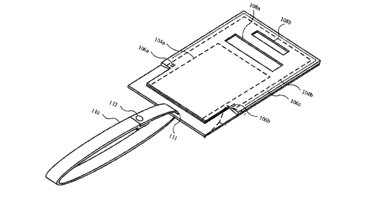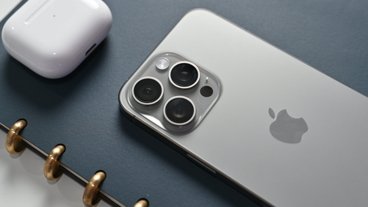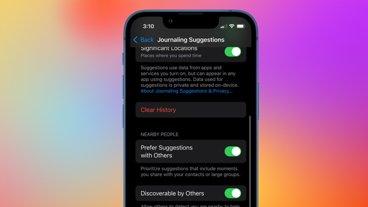Apple's victory over HTC may set high royalty precedent for Android devices
Mike Abramsky with RBC Capital Markets believes that Apple has the upper hand over HTC, which is a smaller handset maker with a limited portfolio of intellectual property. As such, Apple could potentially push for an injunction and ask the U.S. International Trade Commission to bar the import of HTC handsets.
Instead, Abramsky believes it's more likely that Apple will try to establish a high royalty precedent on Android devices. He said the iPhone maker could garner a deal that's similar to or even higher than the $5 per unit that Microsoft collects on HTC Android devices.
Microsoft's licensing deal with HTC is so lucrative, it's caused some pundits to speculate that the Redmond, Wash., software giant makes more money off of Google's Android than it does from its own Windows Phone 7 platform.
By establishing such a high precedent, Apple's hypothetical licensing fees could constrain other, larger Android device makers like Motorola and Samsung. Those companies are up to 15 times larger, and they have much deeper intellectual property portfolios.
The two patents HTC was said to be infringing upon are also part of a separate lawsuit Apple has filed against Motorola. The company is also suing Samsung for allegedly copying the look and feel of the iPhone and iPad.
An ITC judge ruled on Friday that HTC's handsets illegally violate two patented inventions owned by Apple: U.S. Patent Nos. 5,946,647 and 6,343,263. The judge's initial ruling is still subject to review by the full commission.
A settlement with large royalty payments would put Apple in a position to collect significant revenue from Android device makers. In addition to larger companies like Motorola and Samsung, Abramsky believes that Apple would also be positioned to collect royalties from smaller Asian companies like ZTE and Huawei.
HTC could request that Google revise or remove infringing features from the Android mobile operating system, but such changes would likely require significant time. Because of that, Abramsky believes HTC is more likely to reach a settlement as well.
Both parties can settle at any time, but if HTC were to continue its legal fight, the issue could drag on for years. The full six-judge commission will review the initial ruling by early December, but HTC has already vowed to appeal.
Apple and another rival, Nokia, had an ongoing legal battle with the ITC, in which the commission's staff sided with Nokia in a preliminary review. Apple and Nokia opted to settle out of court, and Apple is now a licensee of Nokia's patents for an undisclosed ongoing fee.
 Neil Hughes
Neil Hughes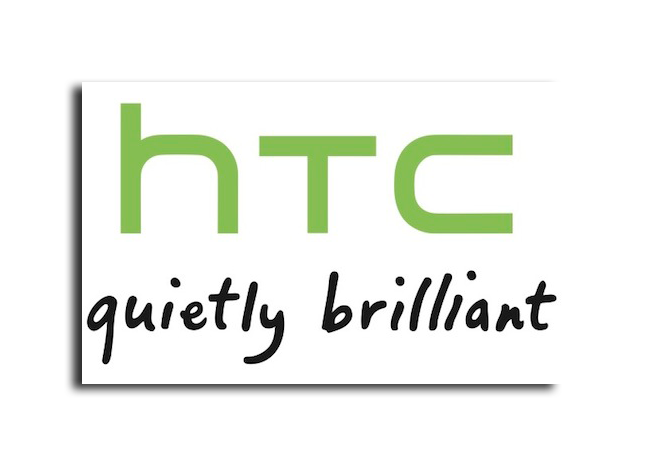


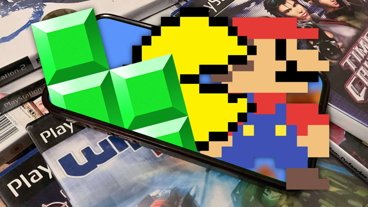

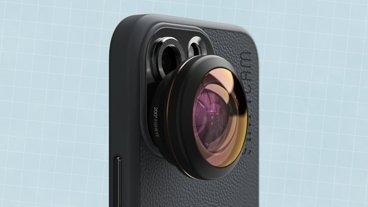





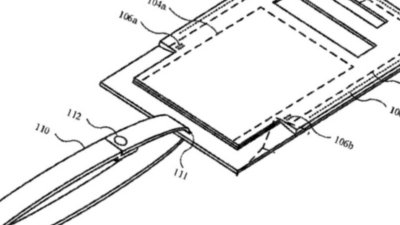
 William Gallagher
William Gallagher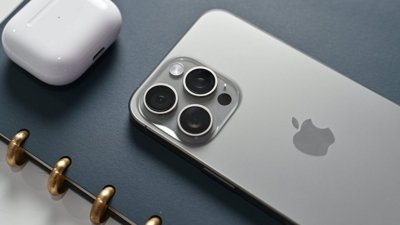
 Mike Wuerthele and Malcolm Owen
Mike Wuerthele and Malcolm Owen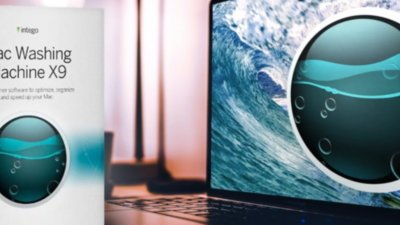
 Sponsored Content
Sponsored Content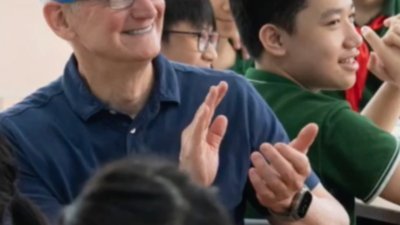

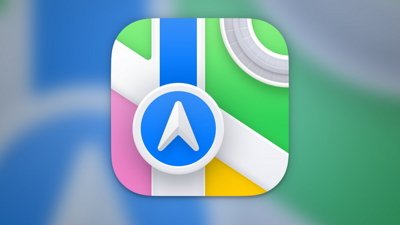
 Chip Loder
Chip Loder
 Andrew Orr
Andrew Orr
 Christine McKee
Christine McKee